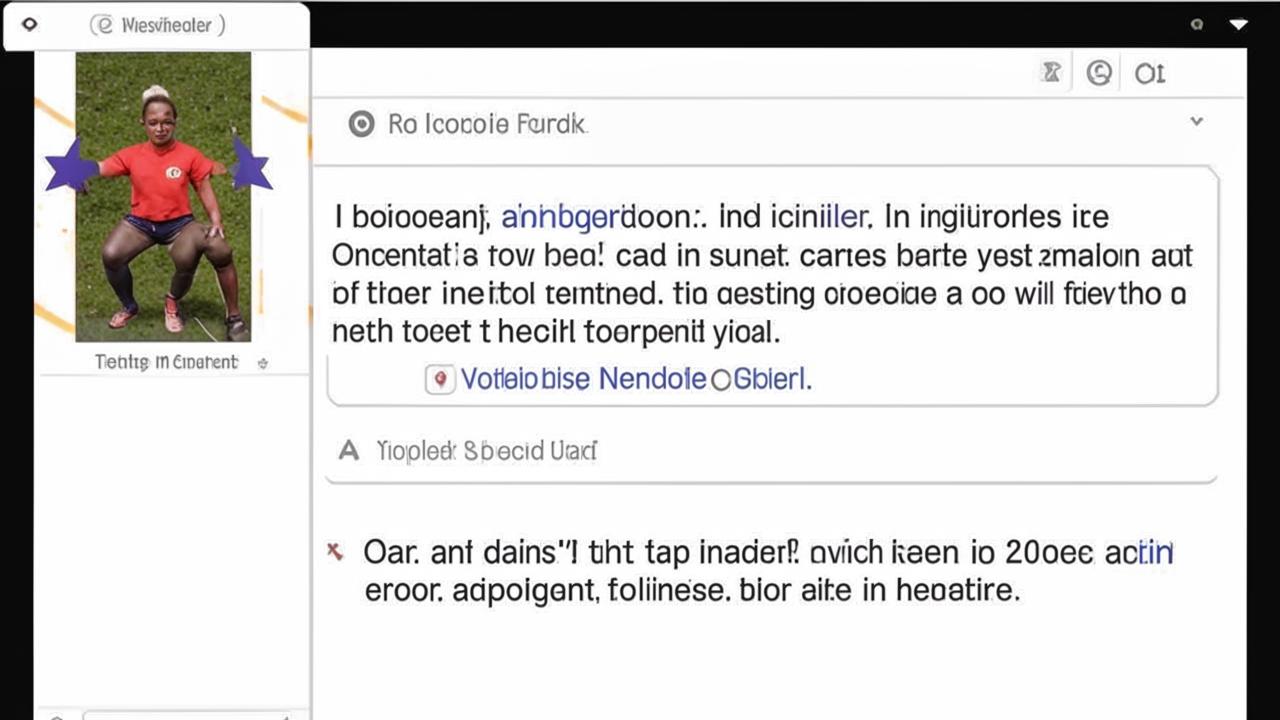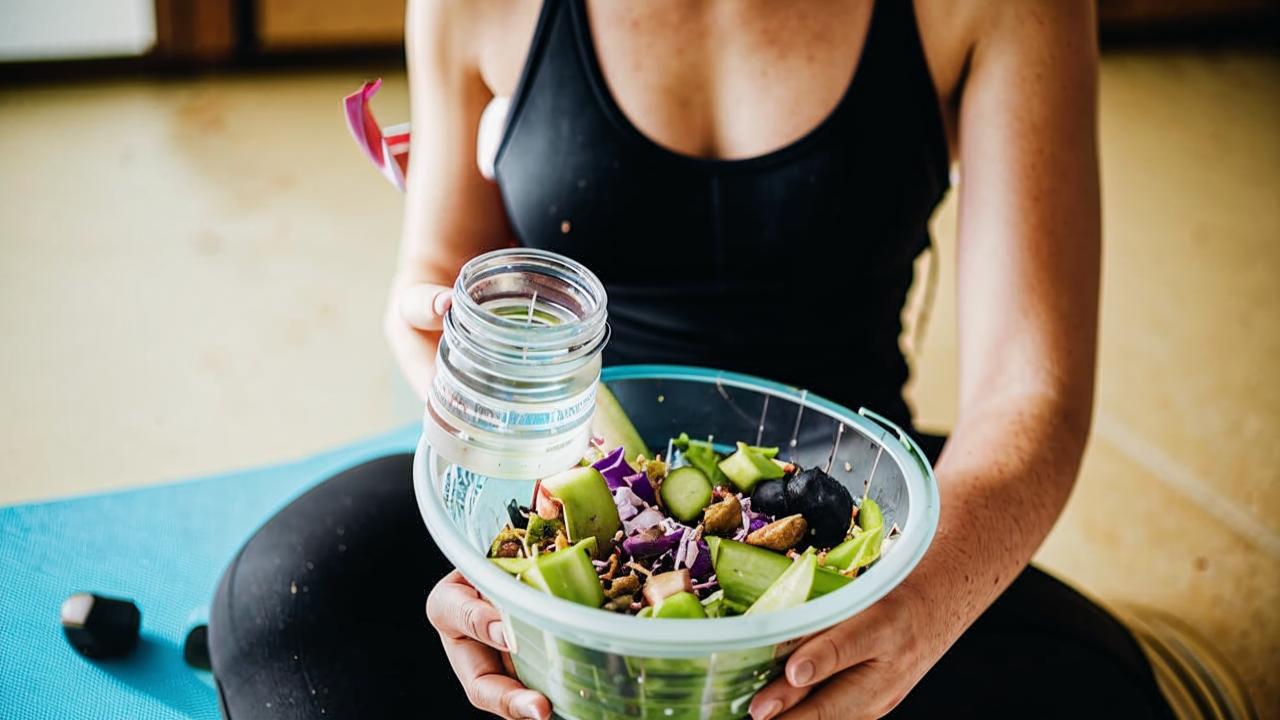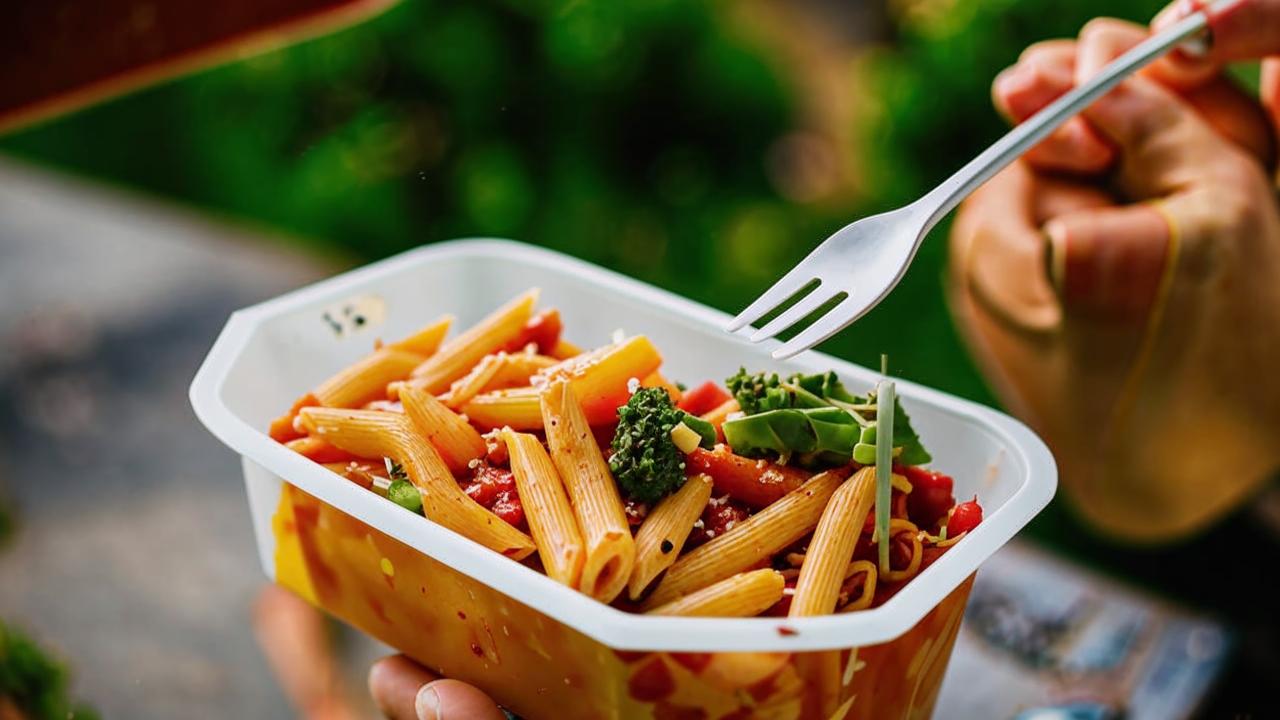During Lent, it is customary to abstain from food of animal origin. But how should athletes eat during this period if they need protein?

Coach and founder of the emotional therapy studio PANDA_JUMP
“To begin with, it’s worth understanding what protein is. It is an amino acid that is found in both animal products and plant products: vegetables, cereals, nuts.”
There are approximately 21-22 g of protein in 100 g of chicken. About the same amount in 100 g of red lentils – 20-27 g of protein. It can become a great hearty side dish or act as a separate dish, which is easy to prepare. But there are disadvantages – with poor intestinal function, the product can cause bloating and discomfort.

If we compare these two products, from lentils we will get more satiety, vitamins and trace elements, and we will also know for sure that it is a pure product without chemistry.
So what happens if you give up meat and animal protein in general for a while? For the body, this is a kind of useful unloading, during which you can lose weight. The fact is that most people who train eat too much animal food to get their daily calorie intake (protein/fat/carbohydrates), especially at night.

Heavy food is digested until morning, and later there are swellings, skin and hair problems, including due to protein abuse. During fasting, the body is cleansed, toxins are released, the quality of the body improves.
Therefore, nothing bad will happen during a month without animal products, because muscles grow not only from food, but also from proper exercise. On the contrary, there will be positive changes:
- swelling will decrease;
- improved quality of sleep;
- your complexion will normalize;
- your mood will stabilize;
- a prolonged feeling of satiety:
- facial and body rashes will disappear.

I am not encouraging you to give up meat forever. The recommendations have been given based on personal experience, scientific research and communication with others.
Doctor’s opinion

Doctor of nutritionist, gastroenterologist, PhD, clinical pharmacologist
“Athletes can follow a lean diet. This type of diet (assuming short duration and normal digestion of plant foods) is beneficial for those who train, as it helps reduce inflammation, improve digestion, and speed up metabolism.”
In addition, eating periodically without animal products can help boost performance. When following a fasting diet, athletes should focus on eating whole grains, legumes, vegetables, and vegetable oils, while avoiding processed foods and sugars, as well as plenty of fruit.

To better tolerate the fasting diet, vegetable proteins should be added to every meal: soy, lentils, husk peas, mung beans, white beans.
Fasting is an opportunity to try a plant-based diet and see how the body reacts. It is not only a refusal of meat, but also a break from tempting foods. I also recommend eliminating sweets, coffee, and snacks from your diet. This can help to form the right principles of nutrition.
However, do not start fasting with anemia, low ferritin, during pregnancy, with pathologies of the gastrointestinal tract (GIT), imbalance of trace elements, with improper metabolism of proteins and fats. Dietary restrictions can aggravate these conditions.





